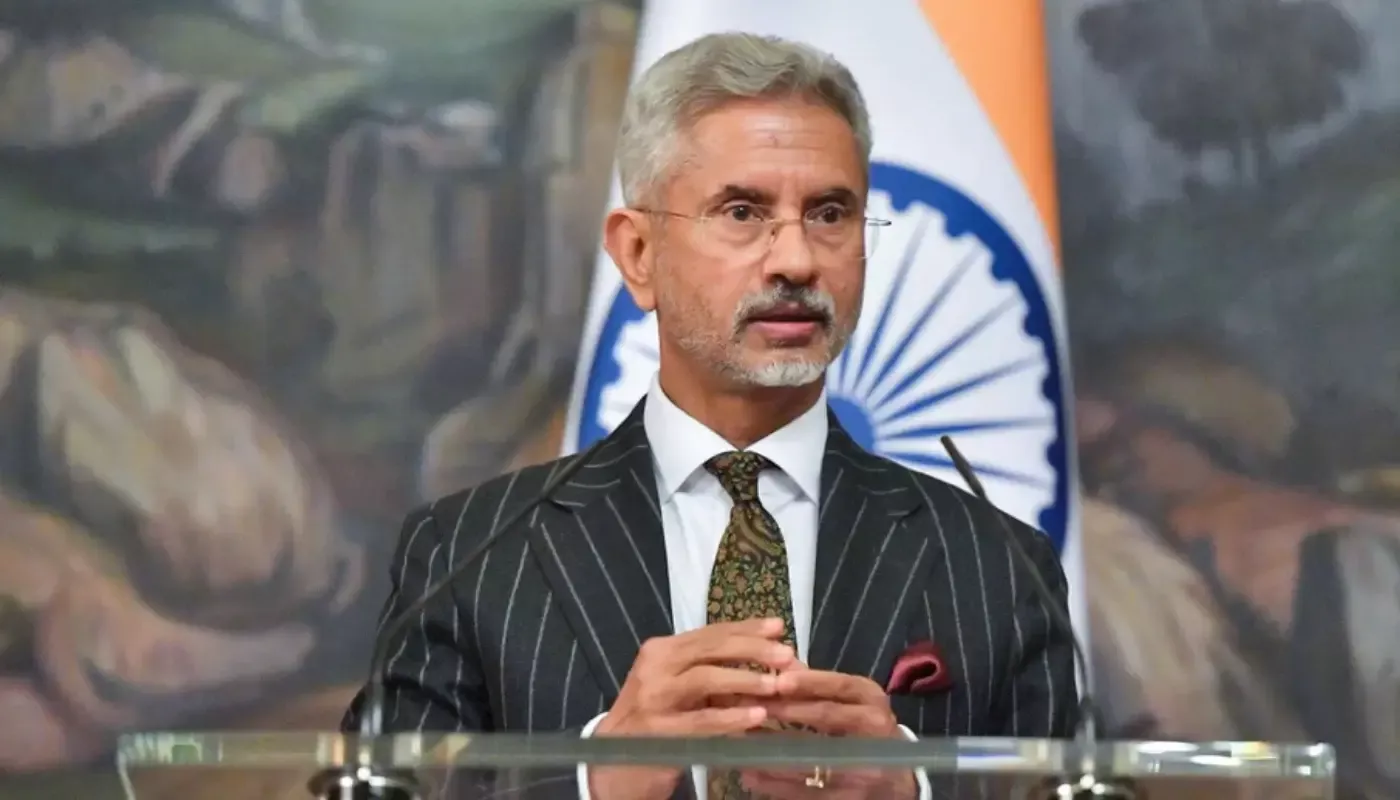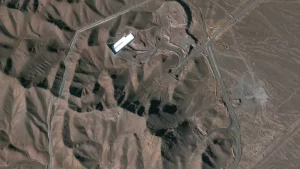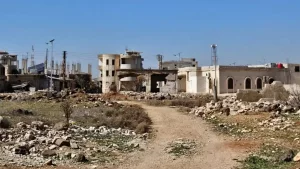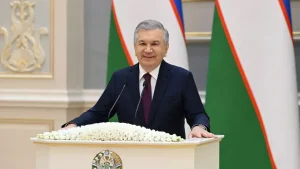
The fiery situation in India-Pakistan relations has once again come to the political forefront. While New Delhi officials consider peace a priority, they are openly stating that they will not hesitate to respond sharply in the event of a threat.
India's External Affairs Minister Subramanyam Jaishankar, speaking at a joint commission meeting between India and Iran held in New Delhi, noted that the country does not wish to confront Pakistan. However, he emphasized that India's response to any military provocation or attack would be "very strong and proportionate."
He pointed out that India has always been in favor of peace and diplomatic solutions. However, it is clear that a swift and calculated response will be made against any actions that threaten the country's security.
Jaishankar also recalled the terrorist attack that occurred on April 22 in the town of Pahalgam in Kashmir. This attack targeted the civilian population and resulted in several casualties and injuries. Following this incident, on May 7, India announced that it had targeted and destroyed cross-border terrorist infrastructure located outside its territory.
"The response we provided was clear, calculated, and extremely explicit," the minister said.
Indian officials emphasize that ensuring the territorial integrity and safety of citizens is the most prioritized issue in state policy. Therefore, strict measures will be taken against any threats.
Observers and international analysts are interpreting this statement as a new phase in the ongoing tensions between India and Pakistan. Considering that both countries possess nuclear capabilities, even a mere military statement can have significant geopolitical implications.




